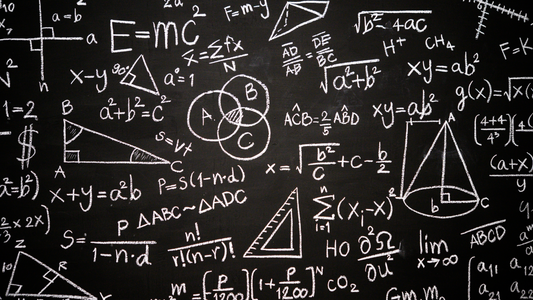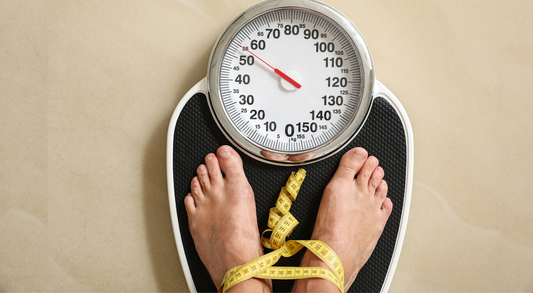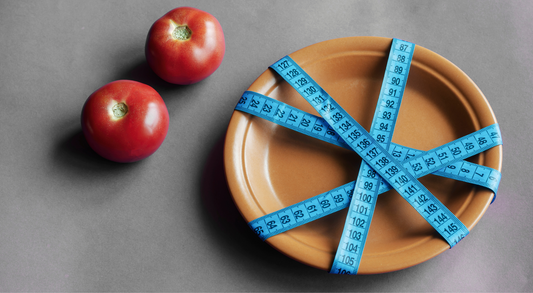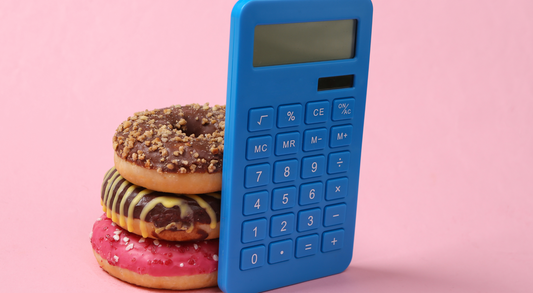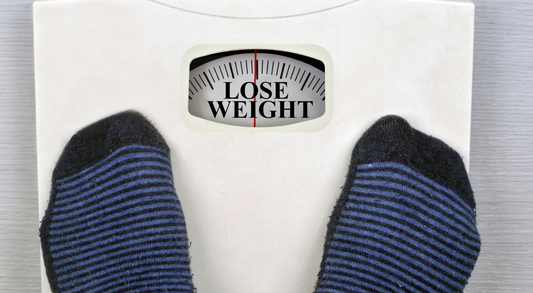Introduction
Determining the right number of calories for weight loss can be challenging. This guide will help you understand how to calculate your ideal caloric intake for effective weight loss, supported by Voyager's resources.
Understanding Caloric Needs for Weight Loss
Weight loss occurs when you consume fewer calories than your body burns. This is known as a caloric deficit.
Calculating Your Caloric Needs
- Determine Your Basal Metabolic Rate (BMR): This is the number of calories your body needs to perform basic functions at rest.
- Factor in Physical Activity: Use the Total Daily Energy Expenditure (TDEE) to account for your activity level.
- Create a Caloric Deficit: Subtract 500-1000 calories from your TDEE to promote safe and sustainable weight loss.
The Role of Macronutrients in Weight Loss
Balancing your intake of proteins, carbohydrates, and fats is crucial for healthy weight loss.
Protein
High protein intake can help preserve muscle mass while losing fat.
Carbohydrates
Opt for complex carbohydrates for sustained energy and satiety.
Fats
Include healthy fats for essential nutrients and to support overall health.
Incorporating Exercise into Your Weight Loss Plan
Combining a caloric deficit with regular exercise can enhance weight loss and improve overall health.
Common Weight Loss Mistakes to Avoid
- Too Large a Caloric Deficit: This can lead to muscle loss and decreased metabolic rate.
- Ignoring Nutritional Quality: Focus on nutrient-dense foods, not just calorie counts.
- Neglecting Strength Training: Muscle mass is crucial for a healthy metabolism.
Sustainable Weight Loss Strategies
Adopting long-term, sustainable habits is key to successful weight loss and maintenance.
The Science of Caloric Intake and Weight Loss
Research shows that a balanced approach to diet and exercise is most effective for long-term weight loss. A study in the National Library of Medicine highlights the importance of maintaining a moderate caloric deficit while ensuring nutritional adequacy.
Conclusion
Determining the right number of calories for weight loss is a personalized process. By understanding your body's needs, creating a balanced caloric deficit, and incorporating regular exercise, you can achieve sustainable weight loss. Voyager's tools, like our Calorie Calculator, and our range of supplements can support you in this journey.
For more insights and support, explore our TDEE Calculator and learn how our products can complement your weight loss plan.


